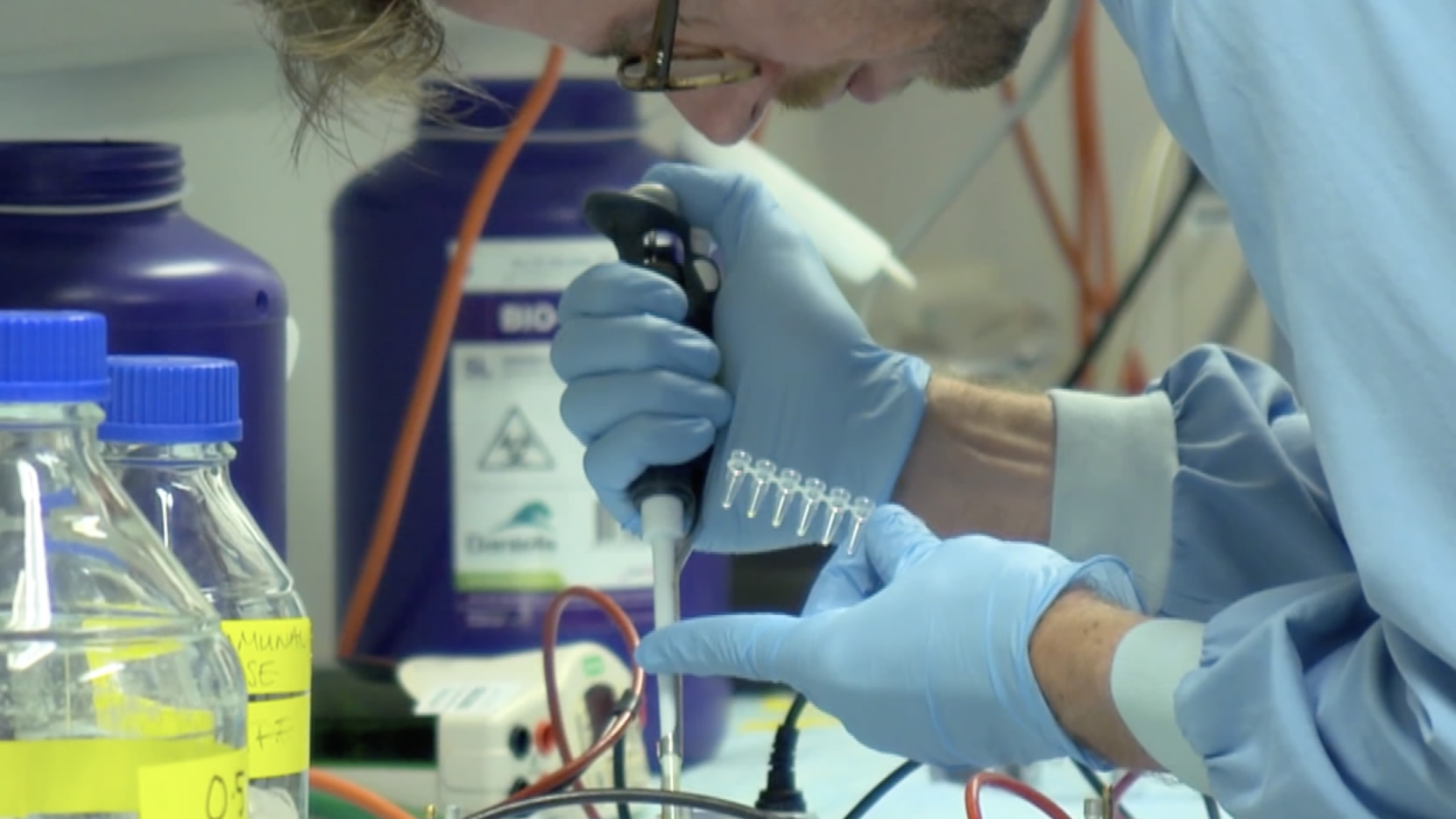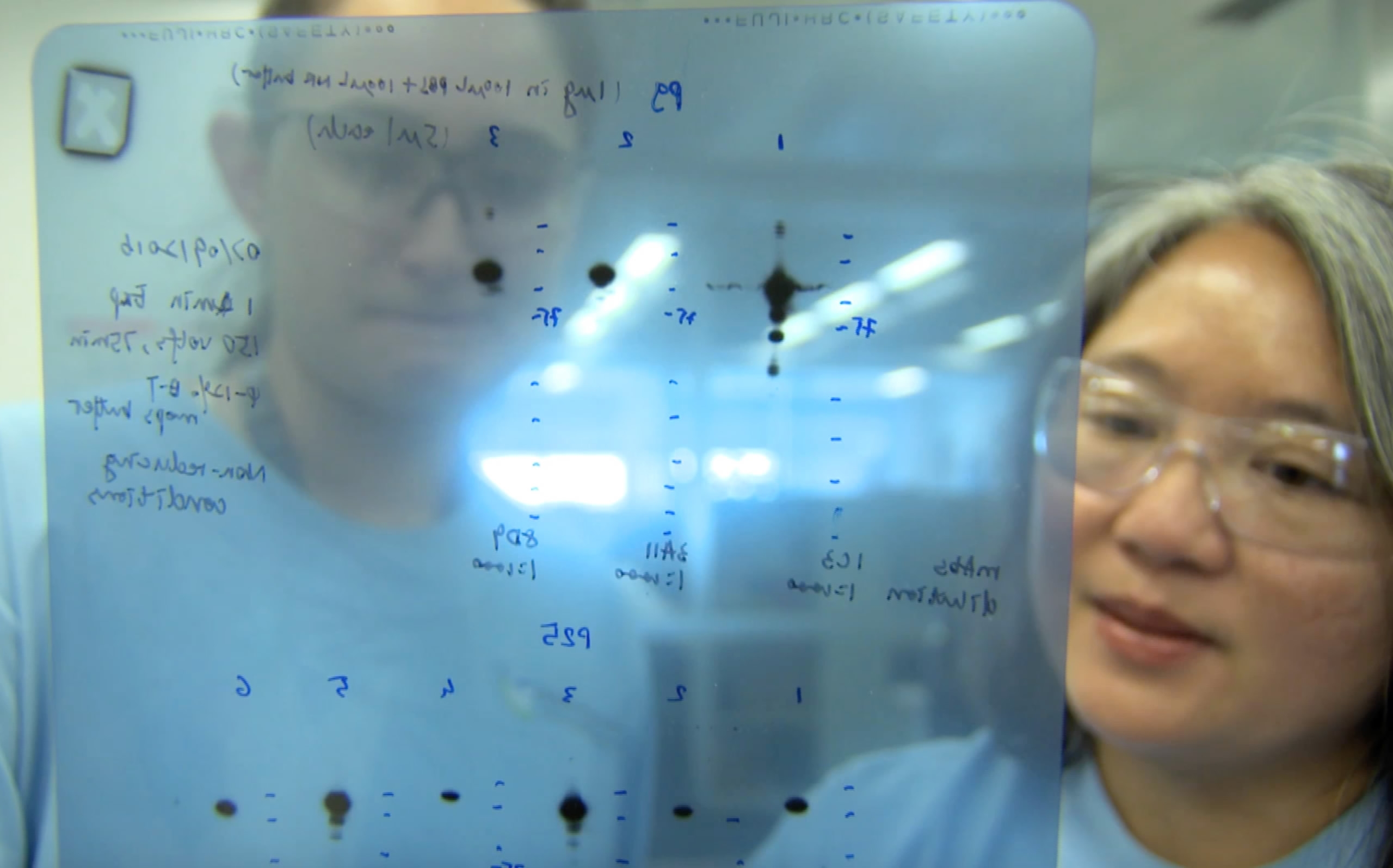
health
21:25, 25-Jan-2018
Australian scientists make malaria breakthrough
By Greg Navarro

Malaria has existed for centuries and scientists say the disease has used that time to evolve and become highly resilient.
"The malaria parasite is very smart," said Alan Cowman, deputy director of the Walter and Eliza Hall Institute of Medical Research in Melbourne, Australia.
"It’s able to change its spots like a tiger and essentially changes the way it looks and becomes invisible to the humans that it infects, and continues to cause disease and be passed on to the next human via mosquitoes."
That’s why Cowman says many of the vaccines developed to fight malaria often become ineffective. But now an international team of researchers – led by Associate Professor Wai-Hong Tham at Walter and Eliza Hall Institute of Medical Research – says it has made a breakthrough discovery that could lead to a highly effective vaccine.
"We looked into how one of the most common malaria parasites actually gets into your human blood," Tham said. "Particularly in really young red blood cells and we tried to figure out what is really special about these red blood cells to allow the parasite to get in."

Wai-Hong Tham is an associate professor at Walter and Eliza Hall Institute of Medical Research in Melbourne, Australia. /CGTN Photo
Wai-Hong Tham is an associate professor at Walter and Eliza Hall Institute of Medical Research in Melbourne, Australia. /CGTN Photo
What they discovered is a lock-and-key type of interaction between the parasite and human proteins. More importantly, researchers have found a way to halt that interaction using antibodies.
"If you can stop the key from entering the lock you can stop the parasite from getting into the blood," said Tham.
Despite advances in medicine, the Center for Disease Control and Prevention says malaria remains the leading cause of death and disease in many developing countries. It continues to impact about 200 million people globally and kill nearly half a million people each year.
Tham and other researchers plan to test antibodies on the same parasite found in other parts of the world to see just how effective their discovery really is. Scientists say the use of antibodies could help combat deadly infections from other diseases as well.
"Through vaccination we can elicit human antibodies that can block this parasite from recognizing this protein and essentially stop entry into these young red cells," Tham said.
9139km

SITEMAP
Copyright © 2018 CGTN. Beijing ICP prepared NO.16065310-3
Copyright © 2018 CGTN. Beijing ICP prepared NO.16065310-3